Description
The lessons of History by Will and Ariel Durant
History is a function of geology and part of biology, but Will Durant describes history as an industry and part of art and philosophy. The mass of historical information is like a tangle of confusion that only art can regulate. Enlightenment and the search for truth in history is part of philosophy and the path to perfection. Will Durant believes that history, like other sciences, is relative and its rules and regulations should be questioned. Much of the history is speculation and the rest is prejudice.
About the history textbook
Will and Ariel Durant have authored Raps History Lessons from the 11-volume History of World Civilization. The book “History Lessons” is an explanation of the contents of the previous book. Will Durant raises questions about the history of research at the beginning of the book.
Why do historians delve into history? Can retelling the defeat and victory of nations be like a beacon for the future? Will Durant believes that the study of history should not focus only on purely historical events. Factors such as geography, race, economy and war have also played an important role in the formation of civilizations.
Will Durant wrote this book in the last years of his life. He and his wife have been trying to fix the mistakes, unspoken and typographical errors of their 11-volume collection. They have always refrained from expressing their personal views on historical issues and have only narrated historical events. The history textbook consists of 13 separate chapters. Each of these chapters refers to an influential aspect in shaping the history of human civilization. “Earth and History”, “Biology and History”, “Race and History”, “Human Nature and History”, “Ethics and History”, etc. are part of the chapters presented in this book.

Will Durant narrates 4000 years of history of civilization
Will Durant, American historian and writer, was born on November 5, 1885 in Massachusetts. He graduated from the university in 1907 and began working as a reporter for the New York Journal. He soon left his journalistic career and began teaching French, English and mathematics. Durant, meanwhile, continued to teach philosophy and received his doctorate from Columbia University.
During his teaching years, Will Durant met his wife, Ada Koffman, a 15-year-old girl. This acquaintance eventually led to marriage. Will Durant was 28 at the time. He named his wife Ariel and that name stayed with him for the rest of his life. Ariel Durant was the author and co-author of Will Durant and co-authored all volumes of The History of Civilization with Will Durant. By writing this 11-volume collection, Will Durant and his wife tell the history of civilization from the father of history, Herodotus, until 1789.
Instead of focusing solely on human civilization, Will and Ariel Durant examined the factors involved in the emergence of civilizations in order to explain the historical course of events. Their comprehensive attitude has made this collection unique in every way. The loyal couple finally died in 1981, a few months apart.
Works and honors of Will and Ariel Durant, author of history lessons
Will Durant began writing in 1917 with the publication of Philosophy and the Social Problem. His second book, The History of Philosophy, was published in 1926. This book was extremely well received and brought him great fame. The reason for Will Durant’s success has been attributed by some to his ability to simplify complex philosophical concepts. The History of Philosophy was quickly translated into various languages and sold more than two million copies in three decades.
Will Durant quit teaching, relying on the proceeds from the sale of The History of Philosophy. He and his wife turned to writing full-time. Will and Ariel Durant have spent most of their lives writing the 4,000-year history of humanity.
The two read 500 volumes to write a volume of the “Eleven-Volume Collection of the History of Civilization.” Their unparalleled mastery of history has answered unanswered questions in history. The tenth volume of the collection, entitled “Rousseau and the Revolution,” won the Pulitzer Prize.
Will Durant’s other works include The Houses of Philosophy, The Interpretation of Life: A Study of Contemporary Literature, and Lessons from History.
About Mohsen Khadem, translator and researcher of history lessons
Mohsen Khadem was born in 1309 in Tehran. After graduating from high school, he was accepted to study literature at the University of Tehran, where he became a teacher after receiving his bachelor’s degree. Mohsen Khadem resigned as a teacher in 1976 with the intention of continuing his education and left for France.
He received a master’s degree in history. Mohsen Khadem turned to translation after collaborating with various publications and teaching English. The first book translated by Mohsen Khadem is “Free Africa” by Salvatore Frederro. Other translations of Mohsen Khadem include the books “A Brief History of the Renaissance”, “Lal Badakhshan” and “Lessons of History”.
We read in a part of the history textbook
War is one of the constant elements of history. And civilization and democracy have not diminished anything. Of the last 3421 years, which has a firm history, only 268 years have not seen a war. It must be admitted that during this period.
Like today, war has been the last form of competition and natural selection between human beings. In the words of Heraclitus, “War or rivalry is the father of all things”: the powerful source of ideas, inventions, institutions, and governments. Peace is a kind of unstable balance that can only be maintained by accepting superiority or by equal power.
The causes of war are the same as the causes of competition between people: seizure, aggression and pride; Search for food, land, materials, fuel. Siadat. The government has the same instincts as ours, minus our limitations and restraints. One accepts the limitations imposed on him by law and morality and agrees to resort to dialogue instead of war.
Because the government guarantees basic protection of his property and legal rights. The government itself does not accept any major obstacles or restrictions. Because either he has enough power to remove any obstacle from his path. Or there is no “super government” to offer him basic support. And there is no international law or moral system to exercise effective power.
A person’s pride creates extra power in the competition for life. Nationalism also gives the government extra power in politics and war. When European governments relinquished their sovereignty over the popes. Each fostered nationalism in addition to itself and its navy. Each state, by anticipating conflict with a particular country, aroused hatred of that country among its own people, while at the same time inspiring peace. You raise that hatred by chanting slogans.
In a part of the history textbook, it is stated as follows:
“For those of us who read history not merely as an ominous reminder of human events and crimes, but as a hopeful memory of innovative human beings, the past is no longer a frustrating place for horrors, but a divine, heavenly city and a vast land of ideas. “Those thousands of saints, politicians, inventors, scientists, poets, artists, musicians, lovers and philosophers are still alive, living, talking, teaching, painting, singing and singing.”
If you come across this book and you have it in front of you right now, the cut is certainly not accidental, so start reading it without delay, because in this book many questions of your mind from the past to the present have been answered.
Who is the history textbook suitable for?
If you are interested in studying history and philosophical issues, do not miss this book.
Learn more about Will and Ariel Durant:
Famous American historian and writer Will Durant was born on November 5, 1885 in Massachusetts. He graduated from the university in 1907 and turned to journalism for the New York Journal. But he soon gave up the job and began teaching English, French and mathematics.
Durant continued his studies in philosophy at the same time and eventually received his doctorate from Columbia University. During his teaching career, he met and married his wife of 15 years, Ada Koffman, 15. He gave his wife the name Ariel, and that name remained with him for the rest of his life.
Ariel Durant was the author and co-author of all the volumes of the History of Civilization. Eventually, the influential couple died a few months apart in 1981.
In a part of the history textbook, we read:
The replacement of Christianity with secular and secular institutions was the final and critical result of the Industrial Revolution. The fact that governments wanted to try to exempt themselves from religious protection is one of the most crucial tests that has occupied our minds and disrupted our lifestyles today. The laws that were once described as the commandments of a king sent by God are now openly considered the disturbing commands of sinful men.
Education, once the sacred realm of God-inspired priests, is now the duty of men and women who are far removed from the realm of the clergy and religion and are not afraid, and rely on reason and persuasion to exalt rebellious youth. There are those who only count on the police and may never learn to seek help from their intellect and deal with reason and argument.
The colleges, once affiliated with the churches, were taken over by merchants and scholars. Propagation of patriotism, capitalism or communism led to the indoctrination of supernatural ideas and moral systems. Religious holidays became a time for holidays and entertainment. Theaters were full of spectators even on Sundays; But on Sundays the churches were almost half empty. In the Anglo-Saxon families (Germans living in England), religion took the form of socio-religious rules and a state of protection;
But in American Catholic families, religion flourished; In the upper and middle classes of France and Italy, religion had become “a sub-sexual characteristic of the female sex.” There are thousands of works that show that Christianity is heading for the same collapse that happened to religion in ancient Greece after the rise of the Sophists and the Enlightenment.
1- Introducing the book on YouTube
2- Introducing the book in Aparat

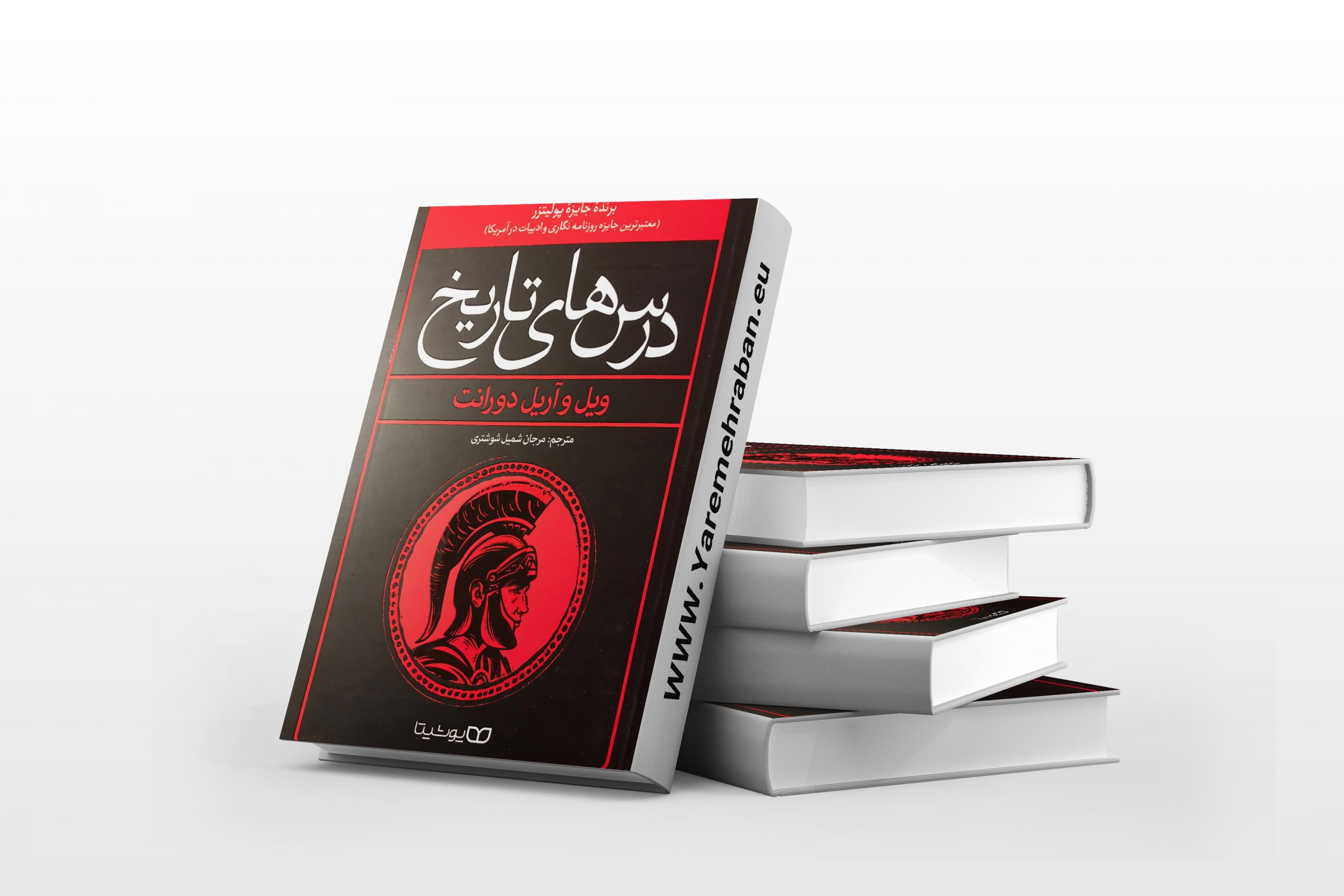
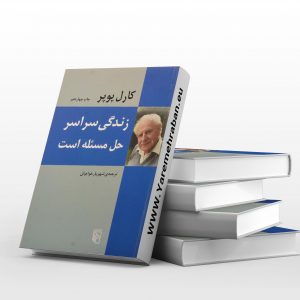
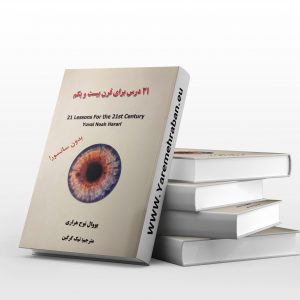
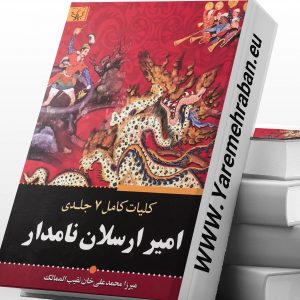
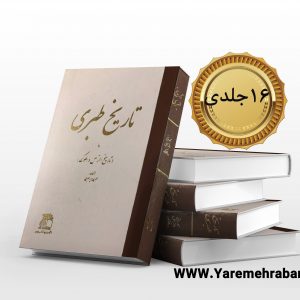
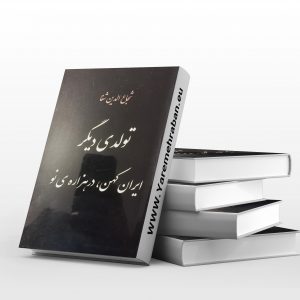
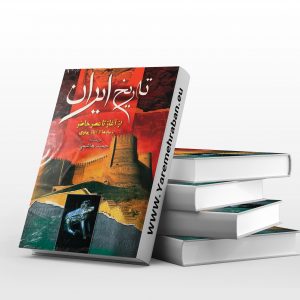
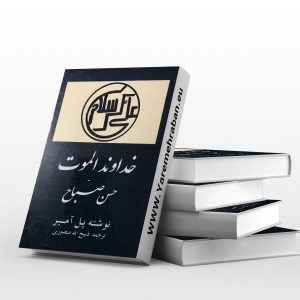
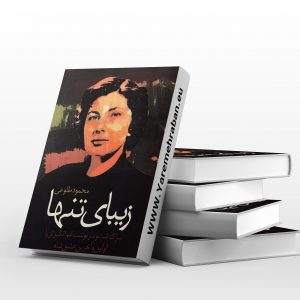
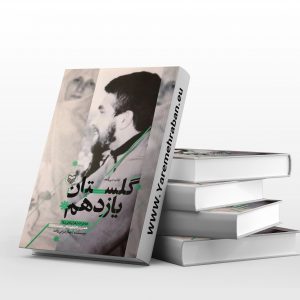
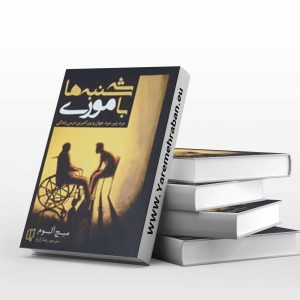
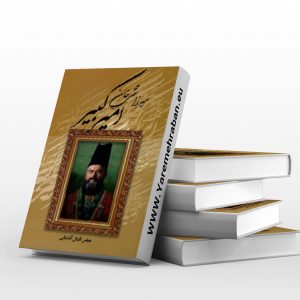
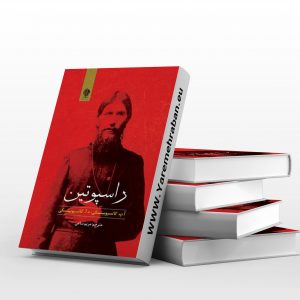
Reviews
There are no reviews yet.